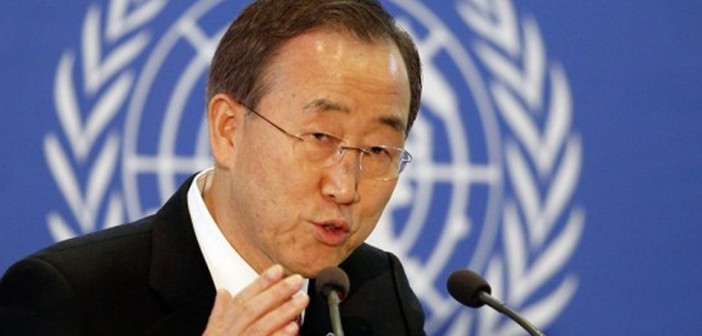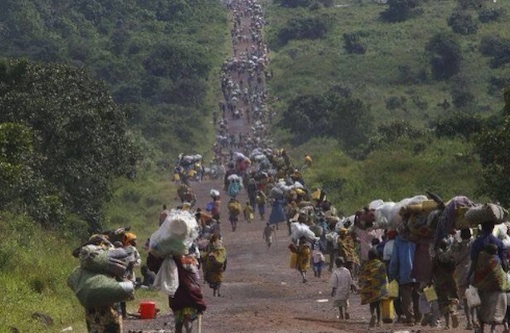Pierre Nkurunziza was sworn in as Burundi’s president on Thursday and urged tens of thousands of people who fled political violence, sparked by his disputed decision to run for a third term, to return home.
Nkurunziza also urged armed rebels who have vowed to use force to remove him from office, to end violence which has continued since he was declared the winner of July’s vote.
Burundi’s opposition boycotted the poll, arguing, along with Western powers, that Nkurunziza was violating the constitution and provisions of a peace deal that ended a 1993-2005 civil war between the Hutu majority and Tutsi minority.
Although months of protests and an attempted coup in May were quelled, sporadic violence and killings continue to take place in the capital and some rural districts.
“We call on our fellow Burundians to return and join other Burundians in building their nation,” he said in a speech after the swearing in ceremony in parliament.
The United Nations’ Human Rights office said last week at least 96 people had been killed since the start of election-related violence in April. The U.N. refugee agency says more than 181,000 people fled Burundi due to the violence.
General Leonard Ngendakumana, a deputy to the leader of the aborted coup, said in July they were prepared to use force to oust the president.
“We recommend they give it up or else they will face God’s judgment,” Nkurunziza said. He did not elaborate.
Adolphe Nshimirimana, the head of the president’s security, was gunned down earlier this month and a former head of the army Jean Bikomagu was killed two weeks later, showing the violence was not yet over.
Residents of the capital said gunshots and the sound of explosions was heard the night before Nkurunziza’s inauguration.
Some of Nkurunziza’s exiled opponents dismissed his call for refugees to return home, saying the newly sworn in head of state lacked legitimacy.
“We now consider that Burundi has no president,” said Deogratias Ndayishimiye, an opposition politician living outside the country. He did not wish his location to be disclosed for security reasons.
“Politicians, civil society groups and other stakeholders need to sit down and form a transitional government which will prepare credible and democratic elections,” he added.
Reuters














